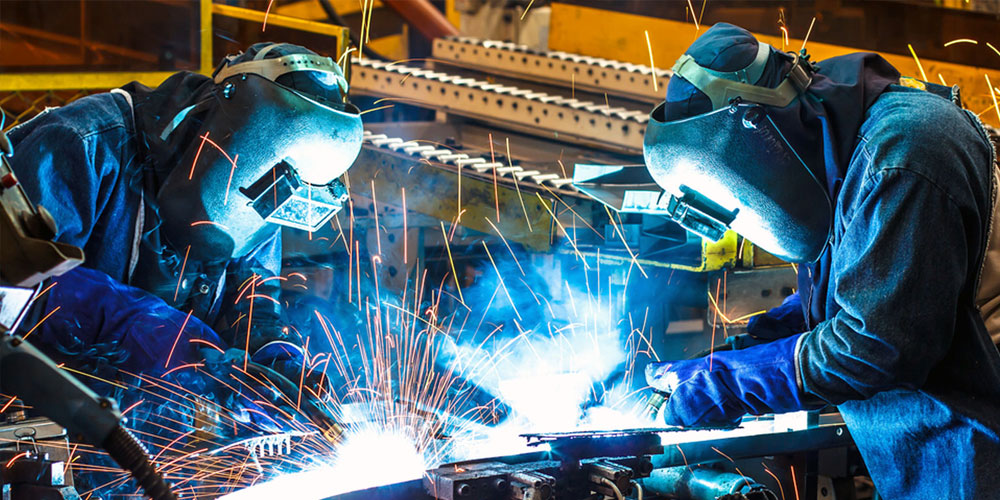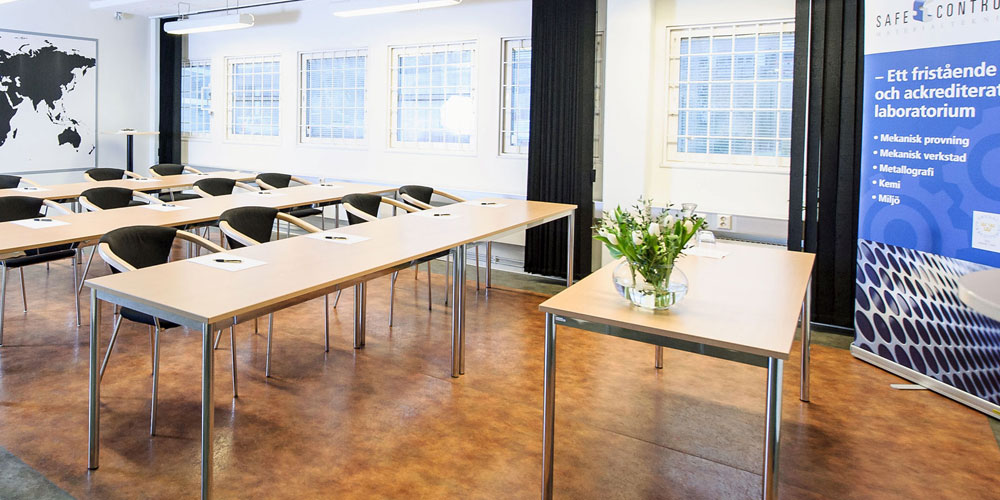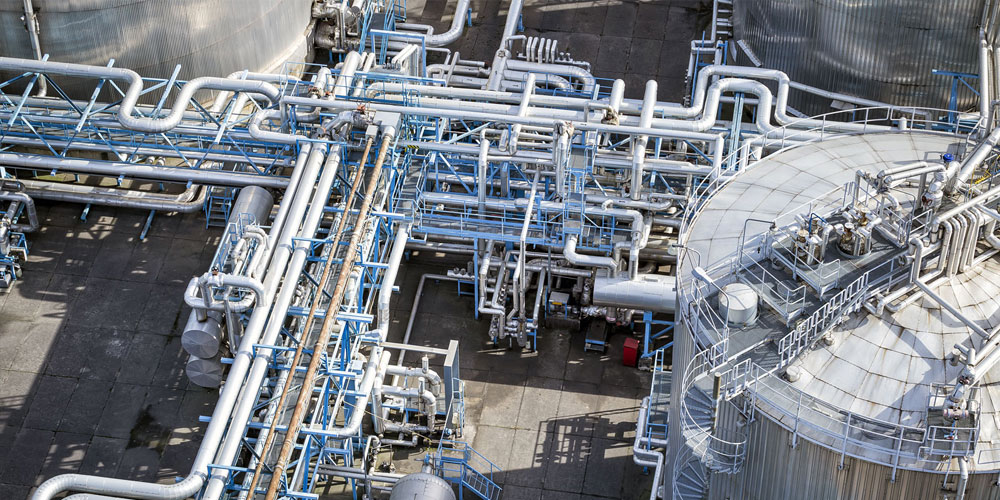Quartz dust
Quartz dust (stone dust, respirable dust) is carcinogenic and occurs in workplaces where, for example, stone is sawn or crushed. On November 2, 2015, new regulations were issued on quartz dust in the work environment.
Quartz is a mineral and is used in many professional areas and is included in several rocks such as sandstone, granite slate, flint and quartzite.
Vulnerable occupational areas are:
- Building and construction
- The mining industry and the stone industry
- Iron foundries and steelworks
- Porcelain factories and ceramic industries
Harmful
The dust from quartz contains extremely small particles that get stuck in the lungs when inhaled. There, it is encapsulated in the alveoli and forms scar tissue, which in turn reduces lung capacity with difficulty breathing, shortness of breath and also increased strain on the heart as a result.
In addition to this, the risk of developing sequelae in the form of silicosis (stone dust lung), COPD, lung cancer and other cancers increases.
Limit values and rules for quartz dust
In Sweden, the limit value for the content of quartz particles is a maximum of 0.1 mg of quartz per cubic meter of air. The substance quartz has a C-label, which means that there is a risk of developing cancer upon exposure, if the limits are exceeded.
The employer is obliged to perform exposure measurements at workplaces with quartz-containing dust. Minutes from the, in most cases, annual measurements must be sent to Arbetsmiljöverket (the Swedish Work Environment Authority).
More information is available on the Swedish Work Environment Authority’s website »
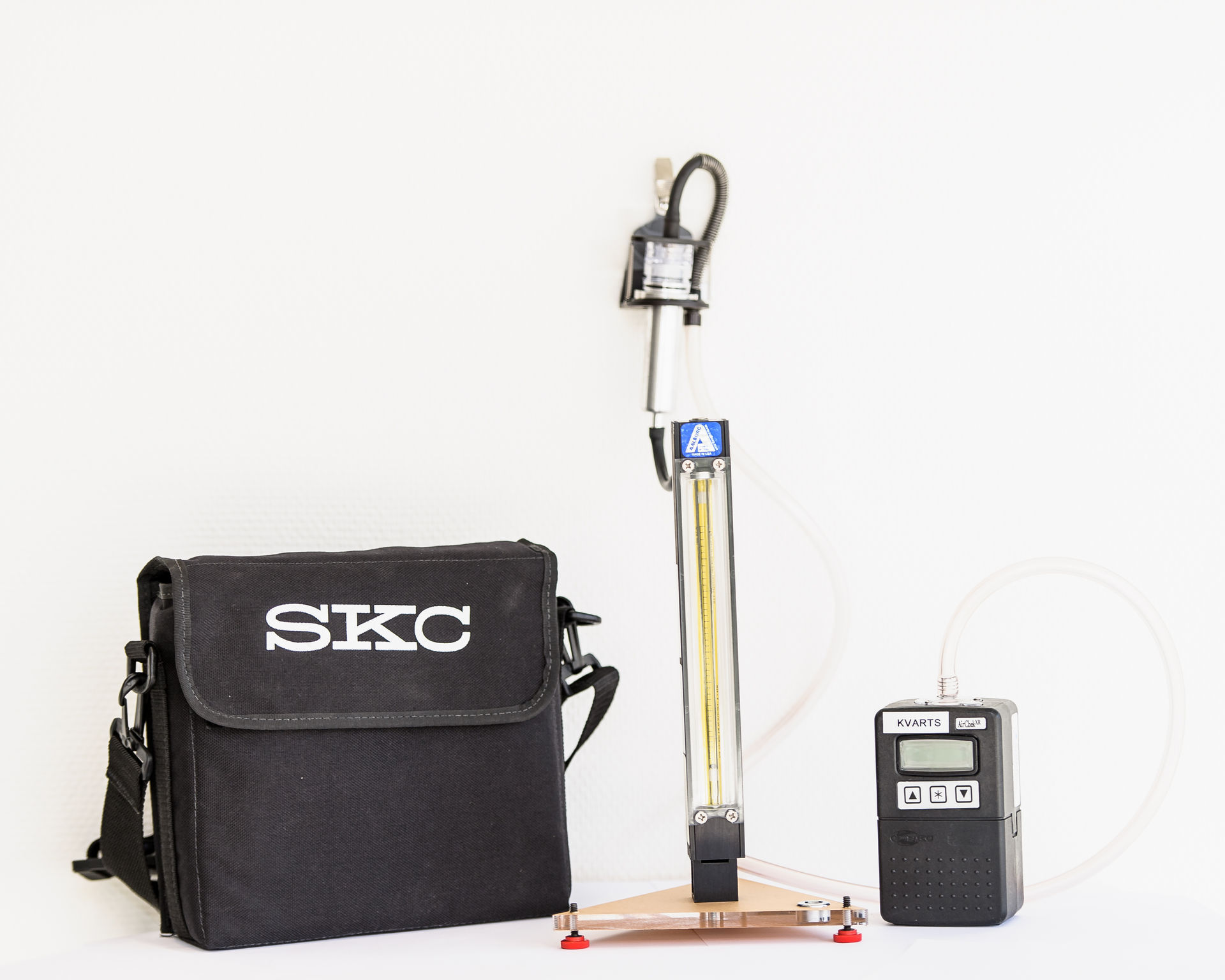

Analysis of quartz dust in air samples
We have air pumps calibrated for sampling quartz dust for rent. For 8 hours it sucks a controlled amount of air through a cellulose filter. The filter is pre-weighed and after pumping it is weighed again, which results in a dust weight (dust content).
By X-ray diffractometry (XRD), the sample is irradiated to identify crystalline quartz. Further analysis can be done to determine the content of the dust.
Call us and book air pumps on +46 (0)31-65 64 70
When picking up, instructions are given on how the sampling is performed.
Contact persons
Catarina Wernlund
Head of Environment
Phone: +46 (0)31-65 64 93
Catarina Wernlund
Head of Chemistry
Phone: +46 (0)31-65 64 93
first.lastname@safecontrol.se
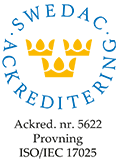

Accreditation
Safe Control Materialteknik AB is accredited since 2001 and has had flexible accreditation since 2016.
All testing takes place against European and international standards.
See our Scope of Accreditation »
